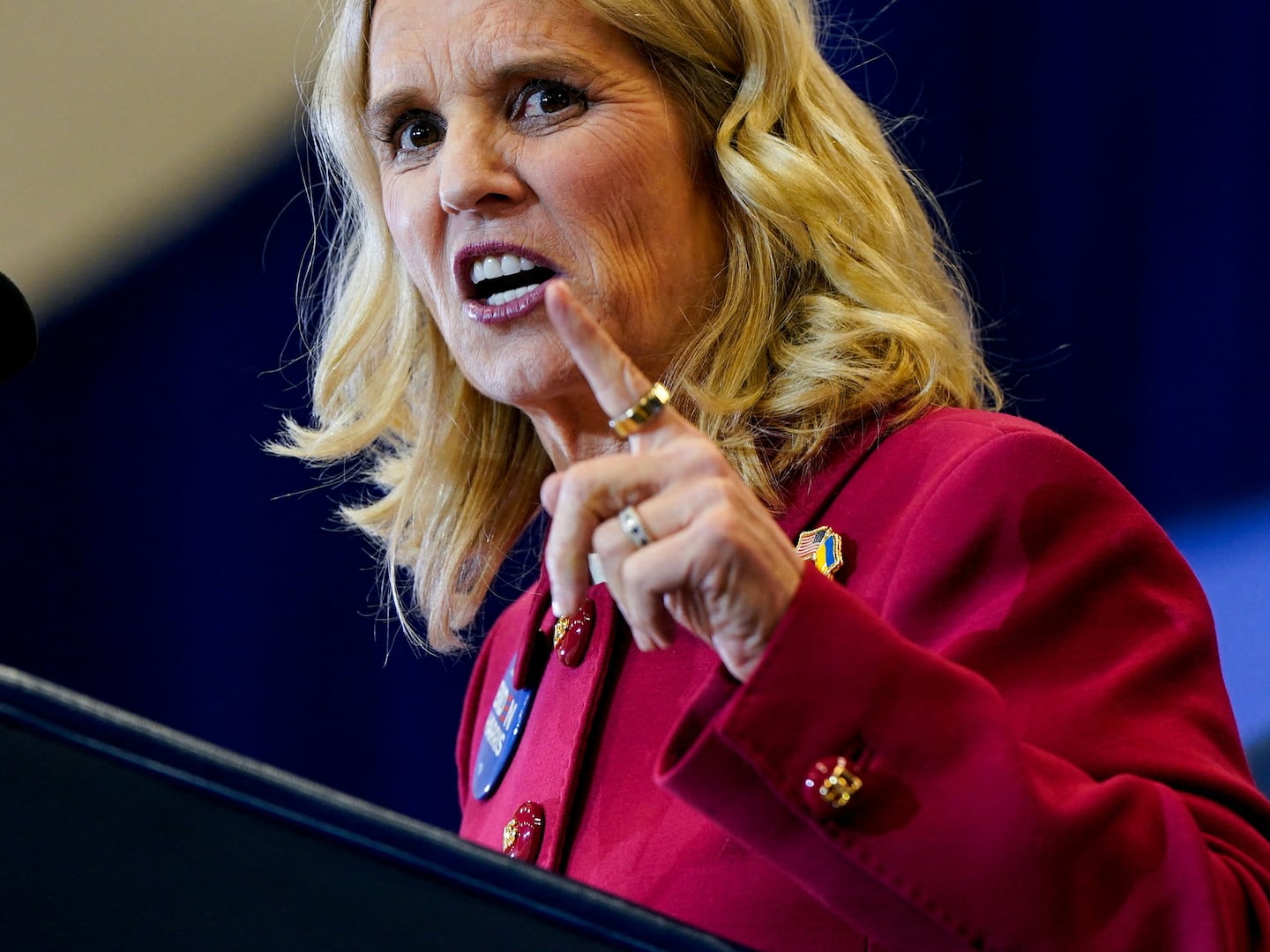“It’s a movie! It’s a movie! It’s a movie!” an exasperated Mark Boal told The Times of London last week. Boal is the journalist turned screenwriter behind Zero Dark Thirty , a gripping dramatization of America’s decade-long hunt for Osama bin Laden. And unless you have retreated to a cave in Tora Bora, you’ve likely heard that the film’s depiction of torture has engendered so much controversy that it has been denounced by politicians, pundits, and members of the Academy of Motion Picture Arts and Sciences.

While Zero Dark Thirty might not explicitly endorse “enhanced interrogation techniques,” the Concerned Internet Brigades complained, the American people aren’t a particularly clever bunch, and it is therefore irresponsible to produce a work of art that doesn’t spell out, in capital letters, that waterboarding is immoral and didn’t reveal the location of bin Laden’s Abbottabad hideout. In the month since its release, the debate clogged the Internet’s pipes with endless defenses and denunciations of the film (Stephen Colbert, one critic said, recklessly praised the film as “fantastic, with no qualifiers”).
There is a simple lesson in all of this: if you are trawling for readers, they can be reliably attracted by accusing films and televisions shows (Argo, Django Unchained, Zero Dark Thirty, Girls, The Daily Show, American Idol, The Muppets, Homeland, The Help—a depressingly long list) of encouraging torture, war, anti-capitalism, Islamophobia, sexism, and racism. An accusation precipitates a flurry of tweets and blog posts (“I can weigh in on this; I’ve seen that movie!”) followed immediately by mainstream-media reports on the roiling “controversy.” Everyone gets provocative headlines; everyone gets page views; everyone leaves unsatisfied.
The politicization of Zero Dark Thirty is understandable; it deals with a controversial policy furiously debated during the Bush presidency, after all. But a work of art needn’t be expressly political for the critic to bemoan its political failings. Here are a few recent examples I stumbled on while doing my regular media rounds: on opposite pages in London’s Times, actor Gael García Bernal complains that British films like The Queen don't offer a political worldview (a missed opportunity for antiroyalism), while columnist Caitlin Moran transforms the hit BBC drama Call the Midwife into “the most radical piece of Marxist-feminist dialectic to ever be broadcast on prime-time television.”
Over at ThinkProgress, culture blogger Alyssa Rosenberg celebrates the NBC drama Deception for featuring a black, female lead: “the show operated at the intersection of race and class at a way I thought was fascinating and promising.” But it was “disconcerting” to speak with the show’s creators, Rosenberg wrote, who pooh-poohed suggestions that race was an important element of the show (“it’s not really something we talk about too much in the writers’ room”).
And at Slate, culture critic David Haglund deconstructs a Portlandia sketch mocking attractive hipsters (a sexy woman in glasses) who self-identify as “nerds” by interviewing an actual nerd (a lumpy, shy guy obsessed with science fiction). Haglund objects to the “idea that women are not real nerds,” which apparently is a “fairly common and pernicious notion.” And while show creators Fred Armisen and Carrie Brownstein have “obvious feminist sympathies and political awareness” (phew), Haglund tut-tuts that they nevertheless play “into a sexist trope that is all too prevalent online.” He advises the veteran comedy writers of Portlandia that “it’s easy to imagine a version of this sketch that doesn’t make nerd the exclusive province of men. It’s too bad that version didn’t air on Friday night.”
The latest and highest-profile target is Girls creator and star Lena Dunham, who, if you listen to her critics, might very well be Brooklyn Heights’s own Orville Faubus. A brief recapitulation of the story so far: It all started when Jenna Wortham, a New York Times reporter, writing for a blog call The Hairpin, reported that upon seeing a promotional poster for Girls her “heart dropped and I swallowed once, hard. Girls. White girls.” In response, America’s culture critics got to work sifting through the evidence of Dunham’s subterranean racism.
When Dunham said the all-white cast was “a complete accident”—she wrote about her friends, and these were her friends—a New Yorker writer responded that this was “maybe so” and allowed that the lack of black characters was “perhaps inadvertent,” two weasel words that left open the possibility the show was scripted and cast by bigots. Atlantic Wire writer Elspeth Reeve suggested that, if the show was indeed a reflection of Dunham’s social life, “she should expand her circle” of friends.
In response to the expanding controversy, Girls writer Lesley Arfin tweeted sarcastically, “What really bothered me most about Precious was that there was no representation of ME.” This too was deemed racist (she later deleted the tweet), as were a number of other things she had previously written. The narrative was established: the girls of Girls were rich, privileged, and, if the critic was feeling charitable, deeply insensitive.
In the face of this ferocious stupidity, Dunham performed her ablutions. “I take that criticism very seriously,” she told NPR. “As much as I can say [writing four white main characters] was an accident, it was only later as the criticism came out, I thought, I hear this, and I want to respond to it.” The new season of Girls assigned her character a black boyfriend, who also happened to be a Republican (a sly joke, perhaps, about tokenism). Arfin too offered a po-faced confession, adopting the language of her accusers: “Without thinking, I put gender politics above race and class. That was careless.”
The apologies haven’t satiated critics. Dunham recently joked to Howard Stern that she was “skinny for, like, Detroit.” In an interview with The Daily Beast’s Abby Haglage, Yesha Callahan, a writer at BET, said the quip was “borderline racist,” because Detroit is a predominantly black city, while she failed to note that it’s also a predominantly fat city (This press release on a Michigan government website celebrates Detroit having been dislodged by Houston as America’s fattest city).
And on it goes, with countless writers, most not long out of college, on the hunt for smelly little heterodoxies, demanding that art be deployed in the service of the people. What is alarming, though, is that the most toxic charge in public life—the accusation of racism—demands a rather low burden of proof, and there are no sanctions to be levied against those who deploy the charge carelessly.
Because if Lena Dunham is racist, then what does one call David Duke?






